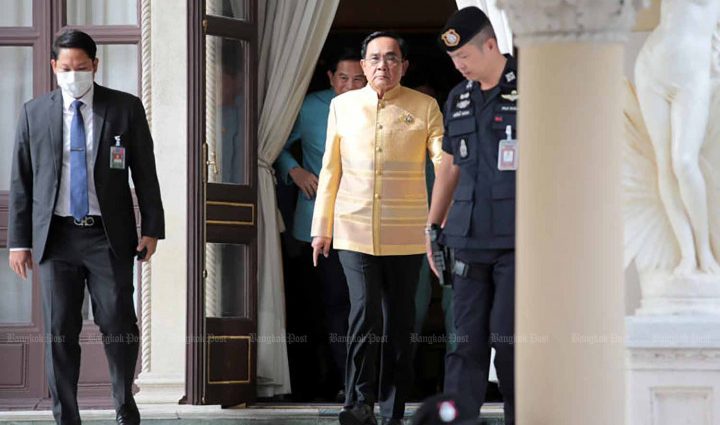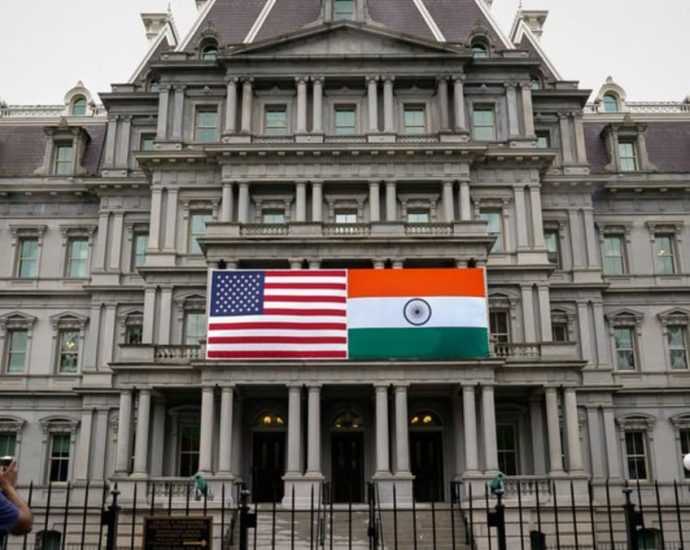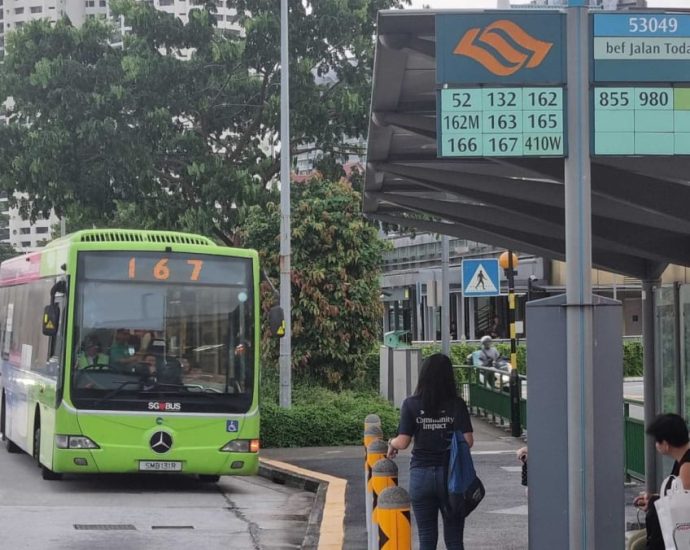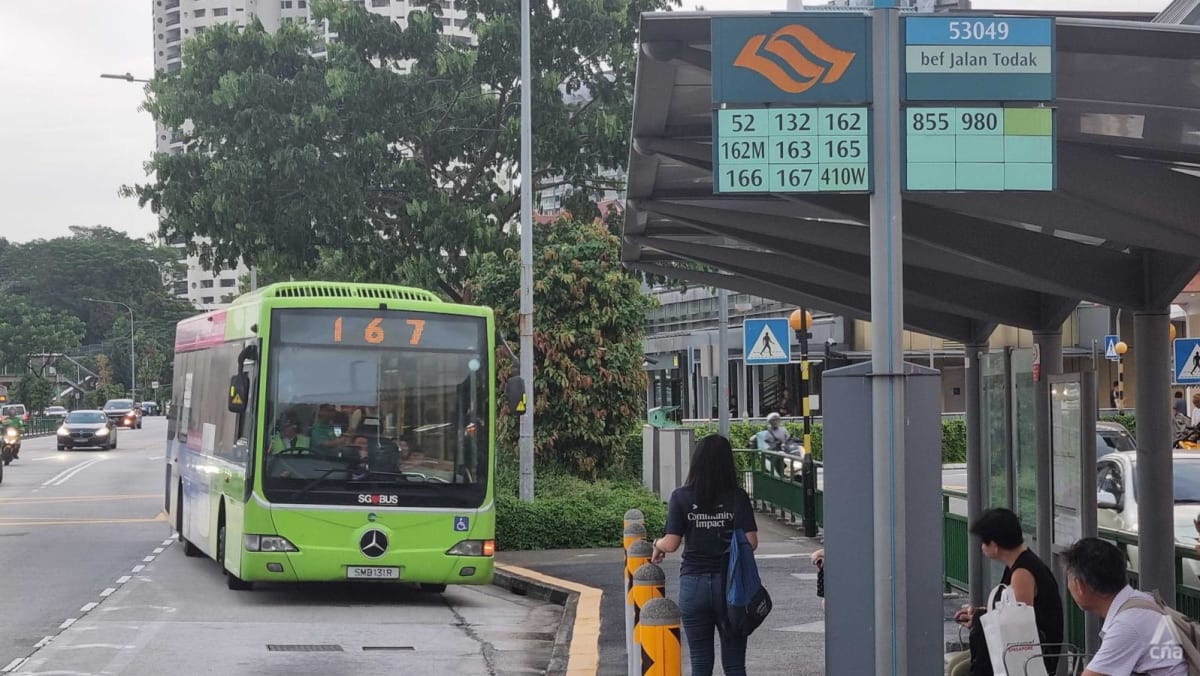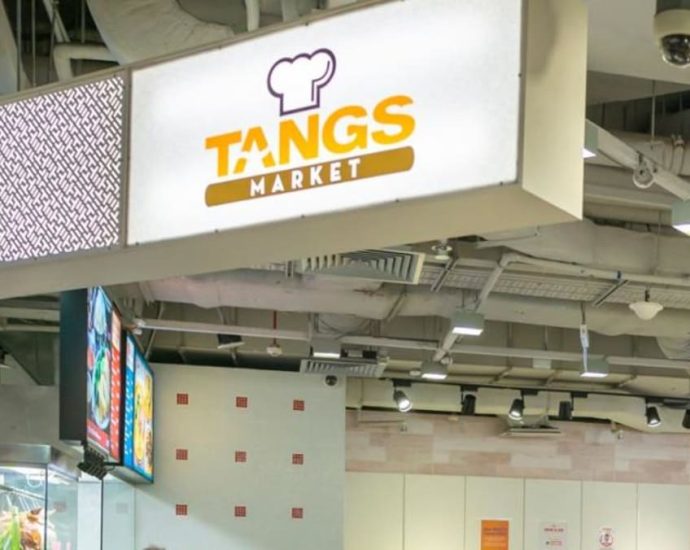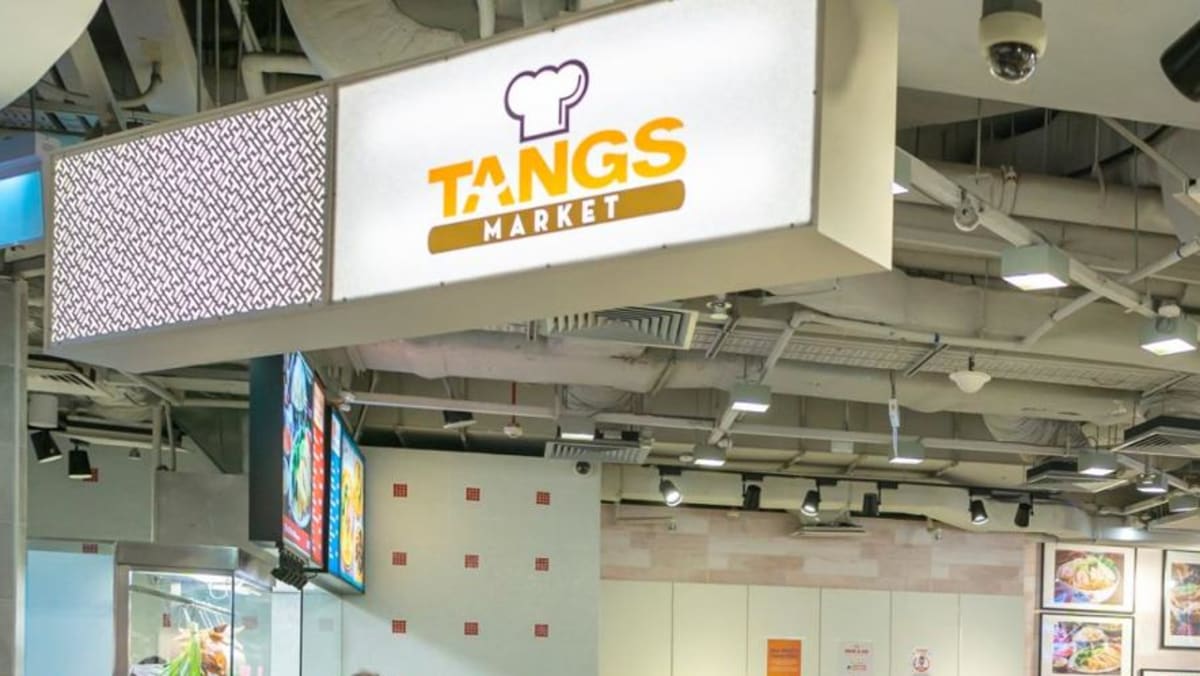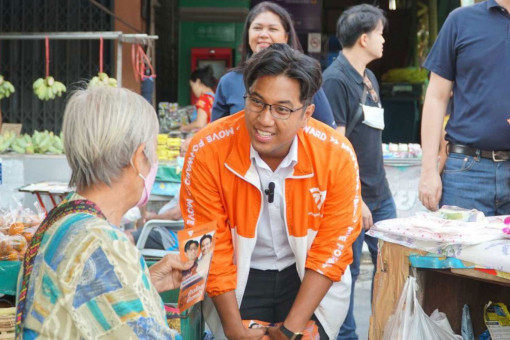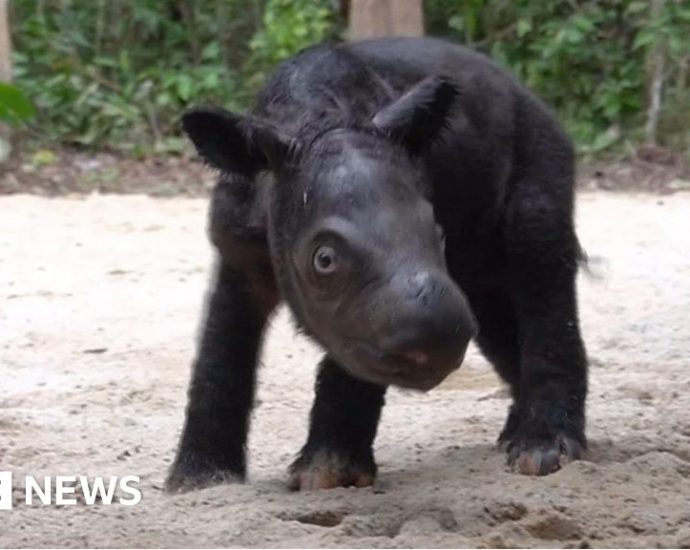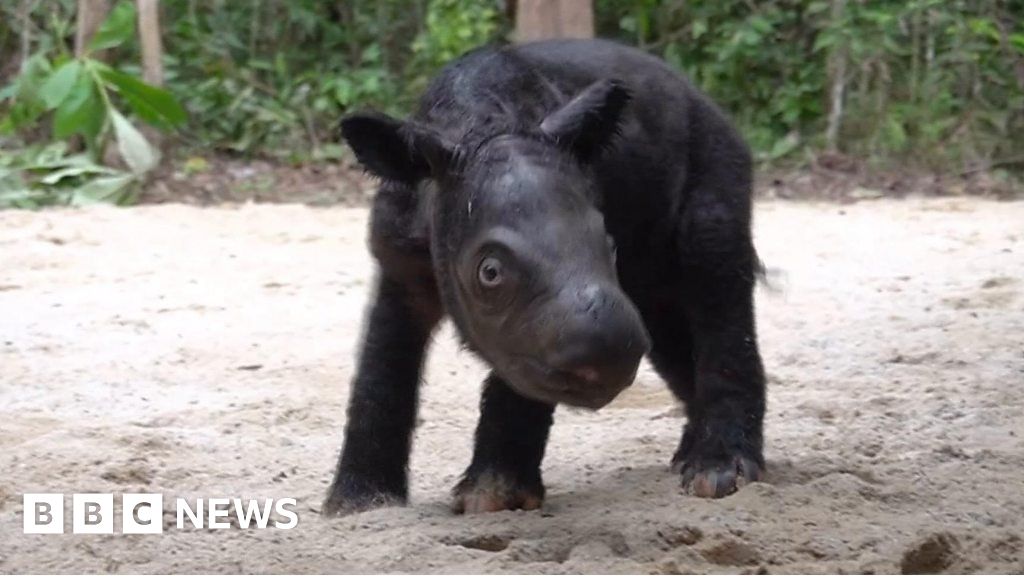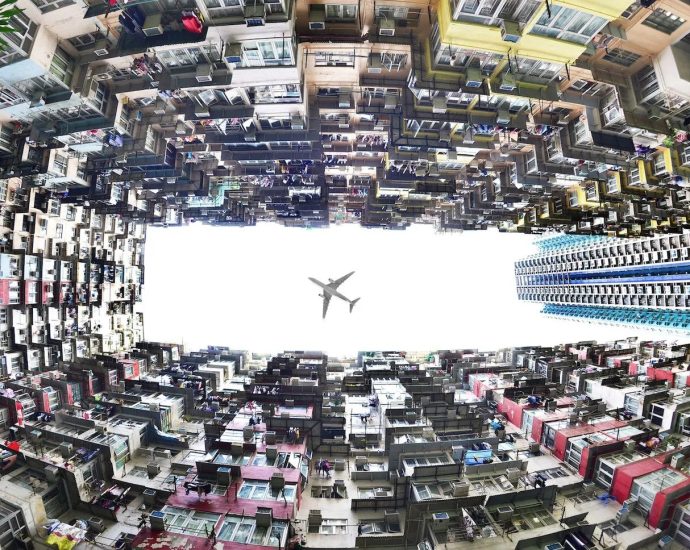Gen Prayut becomes privy councillor
PUBLISHED : 29 Nov 2023 at 21:42

His Majesty the King has appointed former prime minister Prayut Chan-o-cha a privy councillor.
The Royal Gazette announced the appointment on Wednesday. According to the announcement, His Majesty decided that there should be another privy councillor.
Gen Prayut, 69, was the 29th prime minister of the country.
In the lead-up to the May 14 general election, the former army commander-in-chief was the first prime ministerial candidate of the United Thai Nation (UTN) Party.
He was succeeded as prime minister in August by real estate tycoon and newcomer to politics Srettha Thavisin from the Pheu Thai Party.
In July, Gen Prayut announced his decision to resign from politics after nine years in power.
The Privy Council is a body of appointed advisors to the Monarchy.

